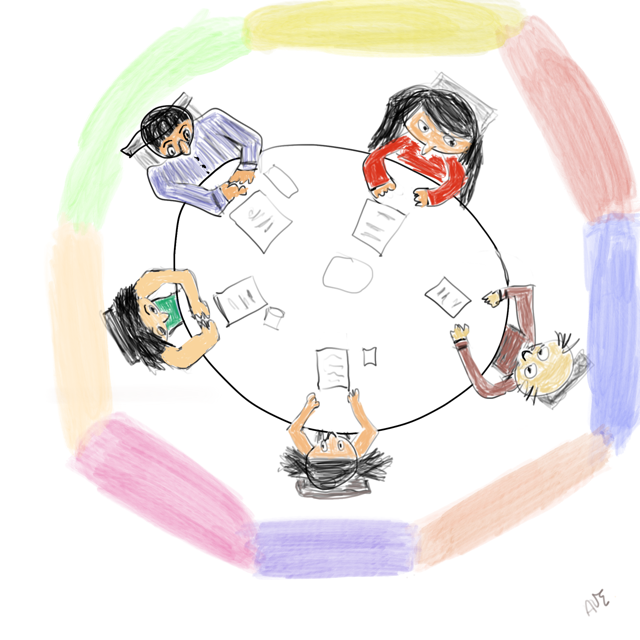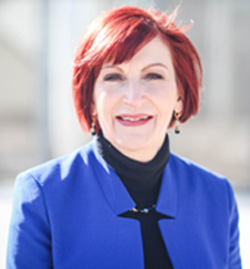Our upbringing and experiences influence how we see the world, our mindset and how we behave. We each interpret things in a different way. When someone challenges our perspective we easily become defensive and argue for why our view is correct.
These days we are seeing polarization not just politically but in organizations where there are tensions between various offices and between management and the field and between functions and other dimensions.
Are our differences fully a function of our conditioning? John Hibbing, a researcher and political scientist at the University of Nebraska-Lincoln suggests that the partisan divide in the U.S. might arise not just from our upbringing and background but from our biology.
His research suggests that just as we may be born with a disposition to be introverted or extraverted or left or right-handed, there are psychological differences between liberals and conservatives. He is co-author of the book, “Predisposed: Liberals, Conservatives, and the Biology of Political Differences.”
His research suggests that liberals and conservatives have different temperaments. For example, conservatives tend to be tidy and have more things such as sports memorabilia in their homes while liberals tend to have more experiential things like books and diverse CDs.
Hibbing suggests that liberals and conservatives differ in how they see threats and dangers. If someone sees the world as more threatening, they may support self-protection, spending more on defense and managing immigration. Liberals may not perceive the same level of threat and are more opposed to such measures.
Each tends to judge the other group as obtuse and biased. But what if we accepted that people are truly seeing the world differently based on temperament and experience? Brain research supports that we have unique structures which cause us to perceive differently. Higgins and his group did a study to show that people even smell substances differently. You can hear more in an interview of Hibbing at https://www.npr.org/podcasts/510308/hidden-brain
What if we could recall that there are multiple realities and people are always seeing the world differently? Could we then focus on how to find common ground and work together for the benefit of all rather than devoting our energy to fighting each other and working to prove our way is correct?
A client who is an extravert found herself irritated with her introverted colleague and argued that he should be more direct and that her way was the “right way.” However, after accepting their unique temperaments, they were able to recognize each other’s needs and come to agreement on how to communicate and create a positive environment.
I envision a time when we notice our differences, give ourselves and others empathy and then shift to being open minded. We could then engage in creative conversations to find solutions that honor our differences and create a better world. It won’t be easy and we will have to catch our judgment. However, we have a lot to achieve together.
Take a step to appreciate our multiple realities and speak to someone with a different view. What do you have in common and where is there common ground to listen to one another and create joint solutions?

